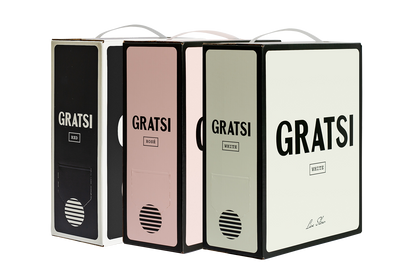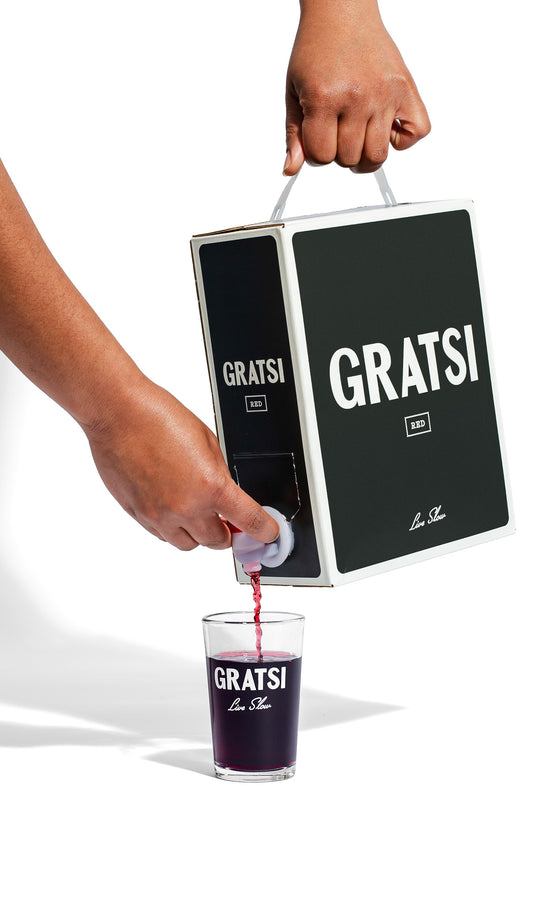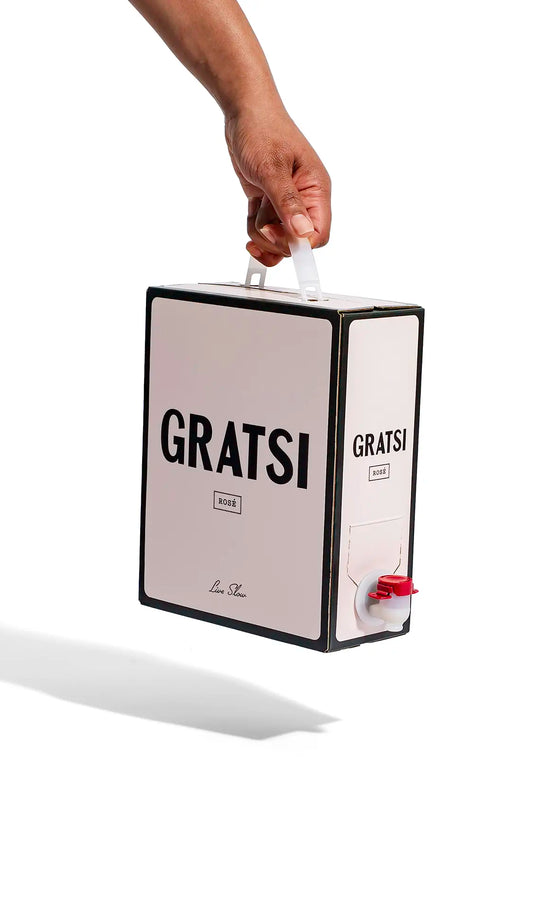Exploring Blue Zones
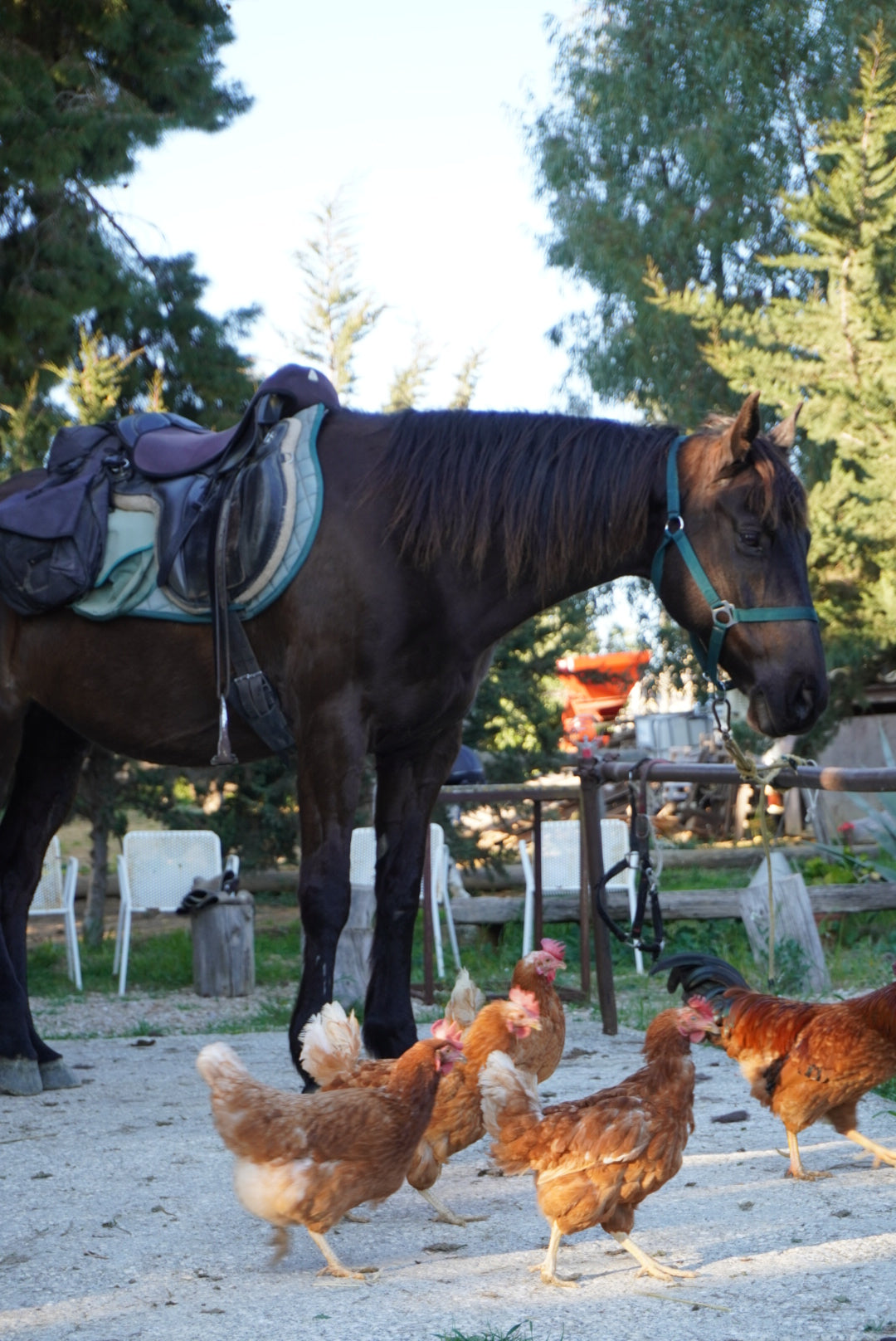
Insights from longevity hotspots in the Mediterranean.
Exploring Blue Zones
By Antonia Fest
April 16, 2024
There has been a recent focus on emulating the lifestyles of the Blue Zones. But what and where are they exactly? The term refers to geographic areas of the world where levels of chronic disease are staggeringly low, and numbers of old yet healthy citizens are impressively high. Indeed, it is not uncommon for those living in Blue Zones to reach the age of 100 with ease. Yet these centenarians have not followed strict or regimented lives to achieve this. Rather, the lifestyles which they have naturally led based on the diets, ethics and traditions of their community has bolstered the quality of their existence.
Thorough research concluded that the world has just five Blue Zones, two of which can be found in the Mediterranean: the island of Sardinia in Italy and the island of Ikaria in Greece. This conclusion was based around nine lifestyle factors which all of the zones had in common, and which contributed to the locals’ longevity and enduring health. These are called ‘The Power 9’ and upon exploring them in further detail, it is no surprise that Italy and Greece are epicentres for enviable living standards which we might be able to learn a little from…
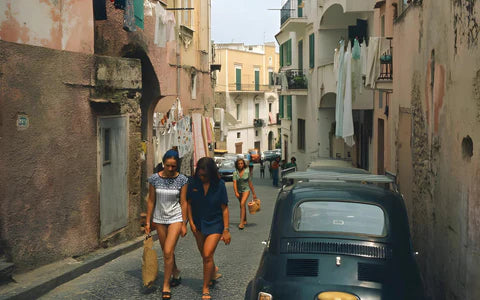
1. Move Naturally
Rather than pumping iron at the gym, running marathons or following rigorous training regimes, Blue Zone inhabitants exercise by default based on the nature of their daily routines. This feeds into their philosophy of being at one with their surroundings. They work the land and live off its produce, they are less likely to rely on machinery to do the heavy lifting for them, they will walk the Sardinian hinterlands or swim in the Aegean seas for leisure, and without thinking about it, they will have exerted their body regularly throughout the day.
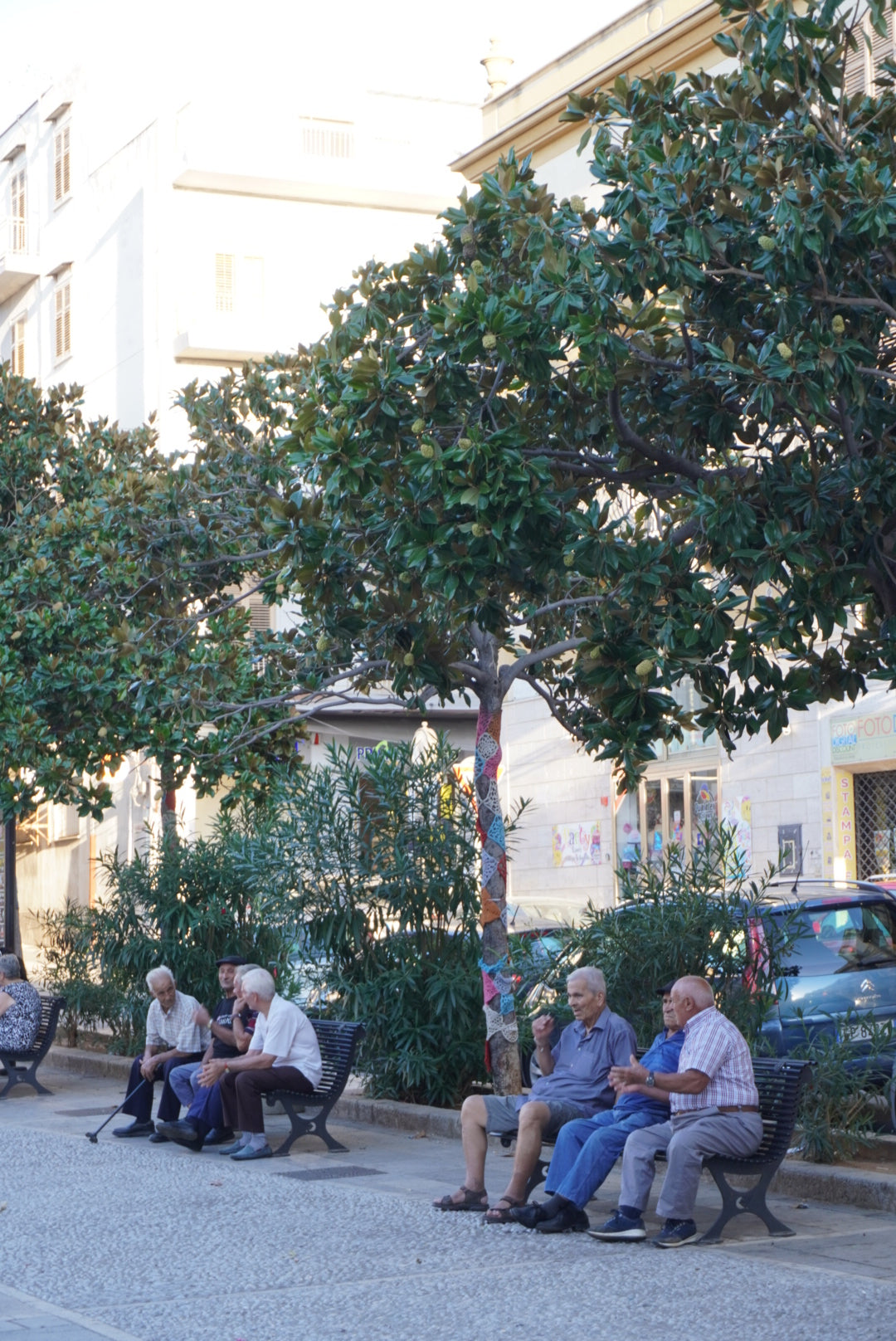
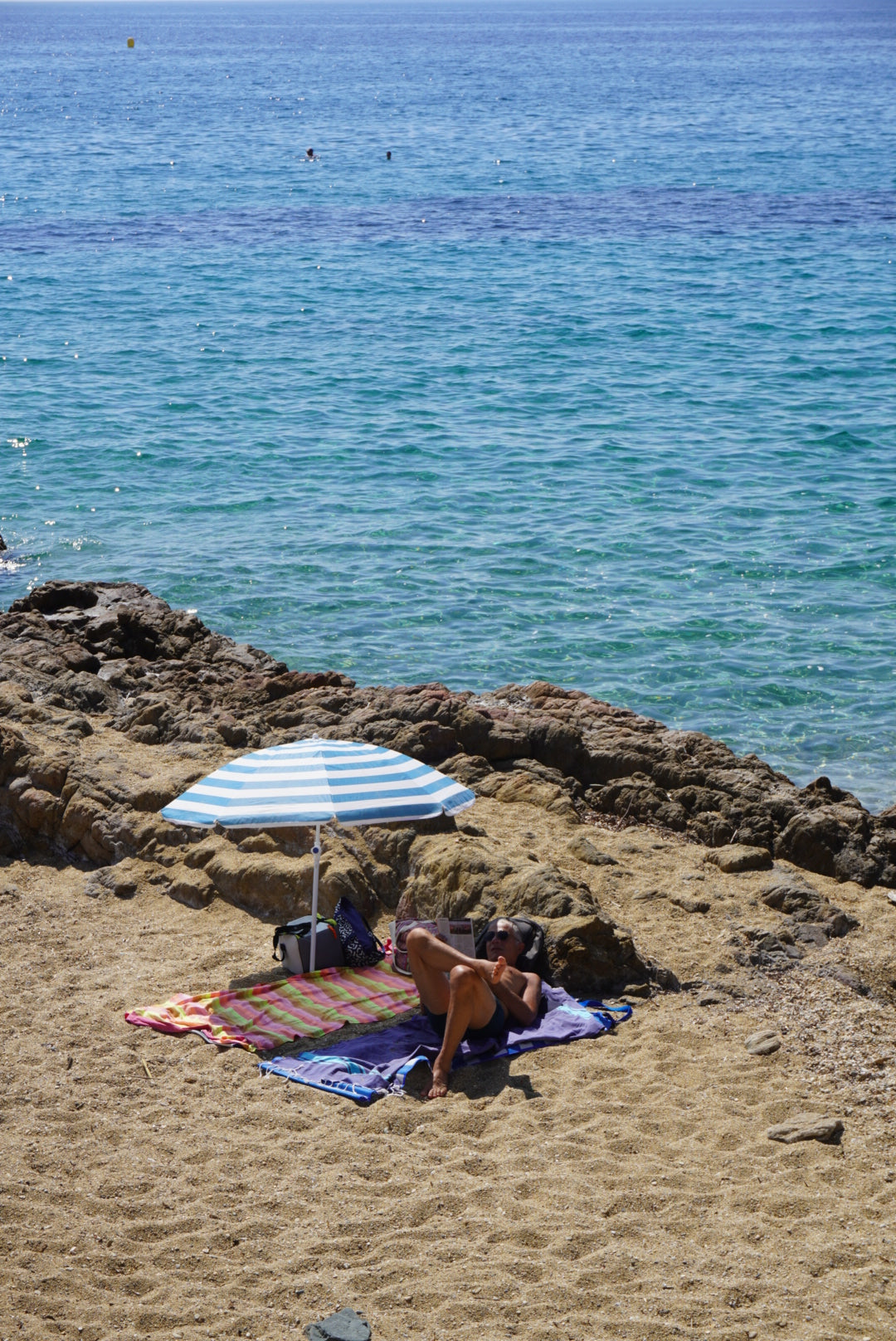
2. Purpose
In a world where feeling lost and directionless can often be the norm (especially in thriving, competitive cities), perhaps there is no greater luxury than waking up in the morning with a pure intent. It is said that those living in Blue Zones have a clear motivation, precise goals, and a real purpose in their daily life. No matter how small scale this objective might be, the reason is enough to encourage and inspire them. In Sardinia and Ikaria, two relatively small islands, the focus is on improving the world around you rather than the world at large which makes for achievable and successful outcomes.
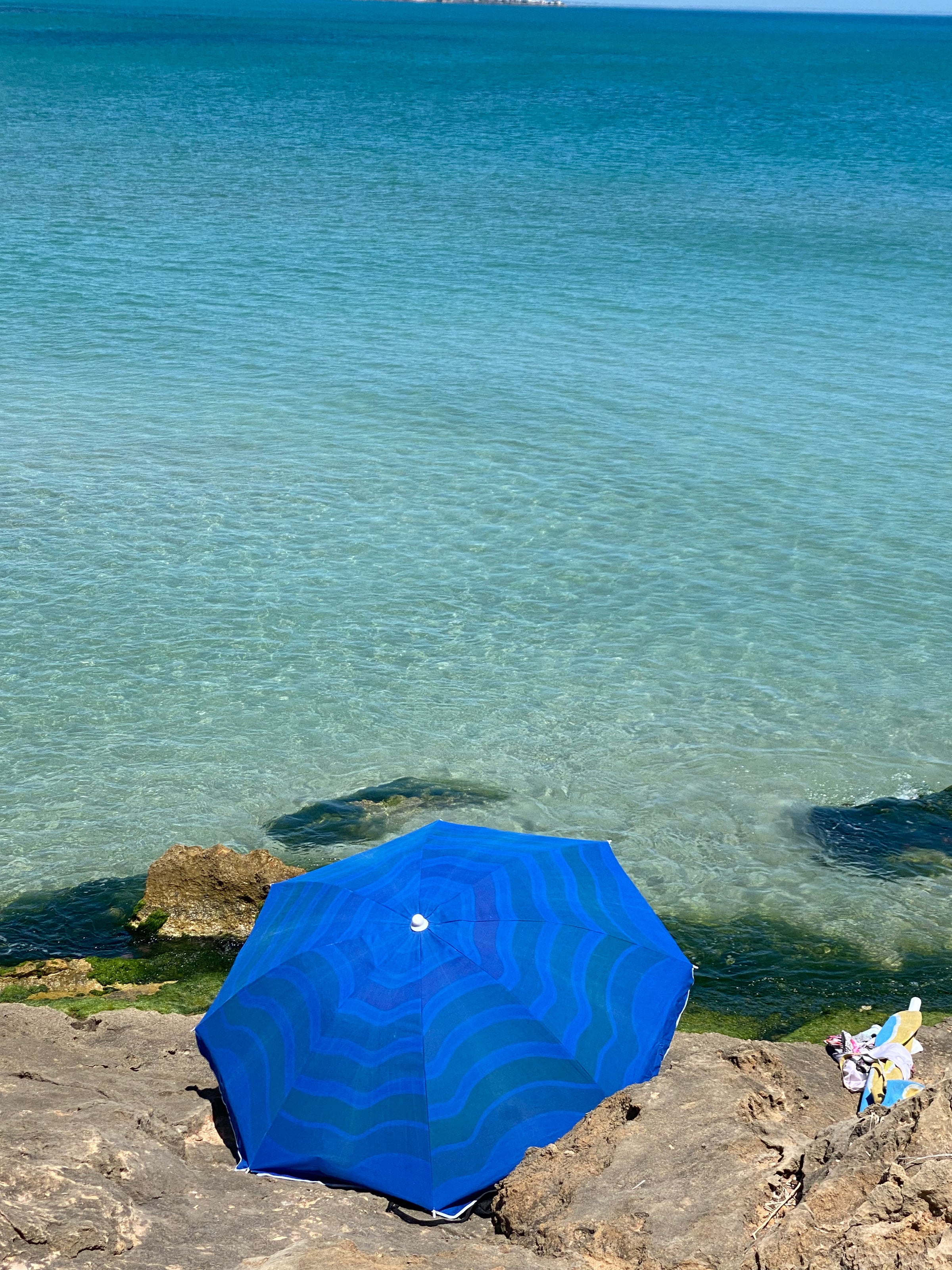
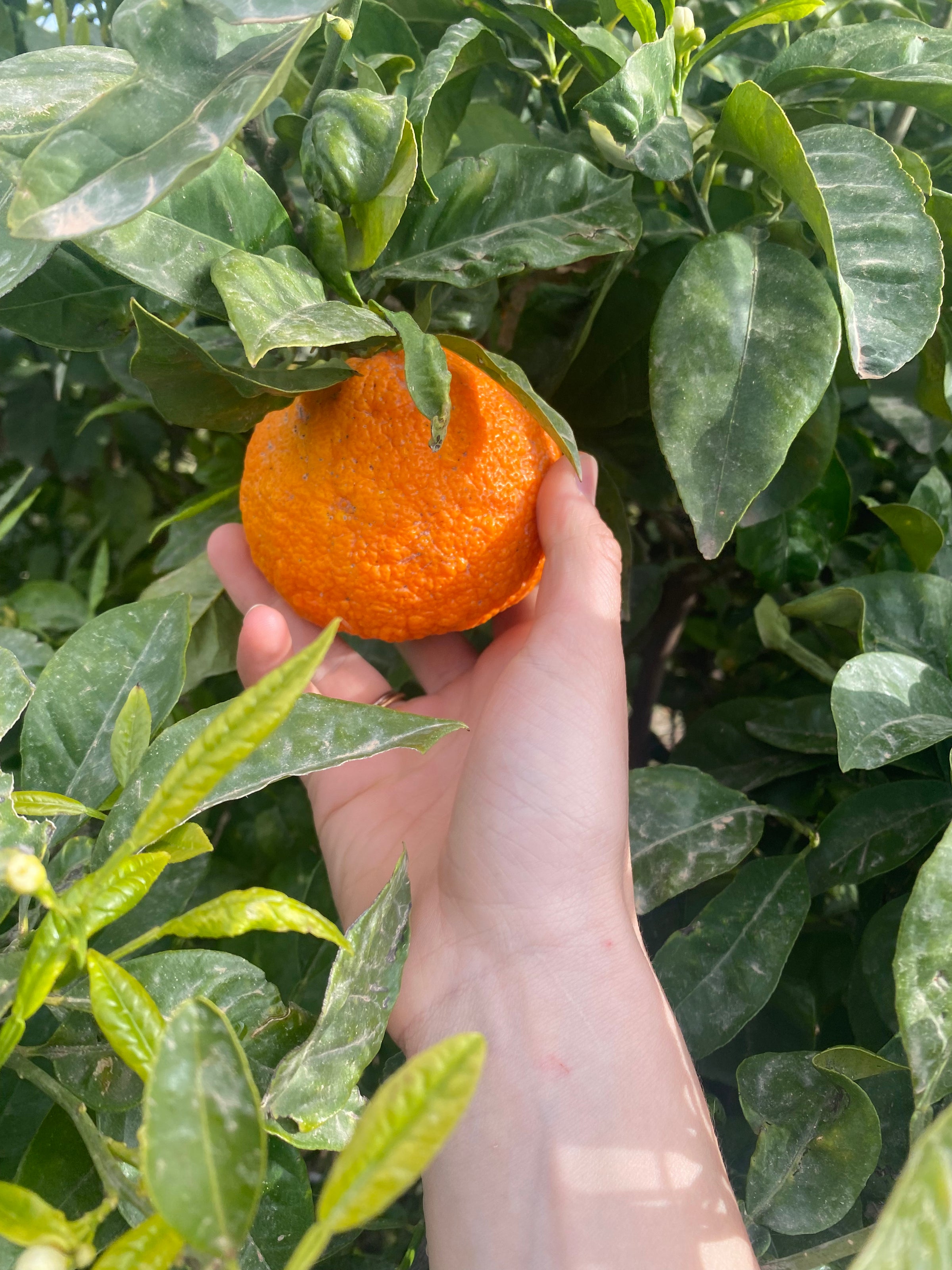
3. Down Shift
Not even Blue Zones are immune to stress factors, but it is how these are overcome which contributes to the overall wellbeing. Blue Zoners identify the need to unwind, to avoid overtime, and to prevent burnout. In the sixteenth century, a famous Italian architect, painter and writer Giorgio Vasari, outlined the perfect split of a 24 hour day: 8 hours of work, 8 hours of leisure and 8 hours of rest. By and large, you will find the Mediterranean Blue Zones following the harmony of this ethos to achieve consistency. It means clocking off from work when appropriate, understanding the benefits of relaxation (il dolce far niente!), and acknowledging the importance of rest. Researchers saw Ikarians lay value on a daily power nap whilst Sardinians would embrace the after work happy hour!
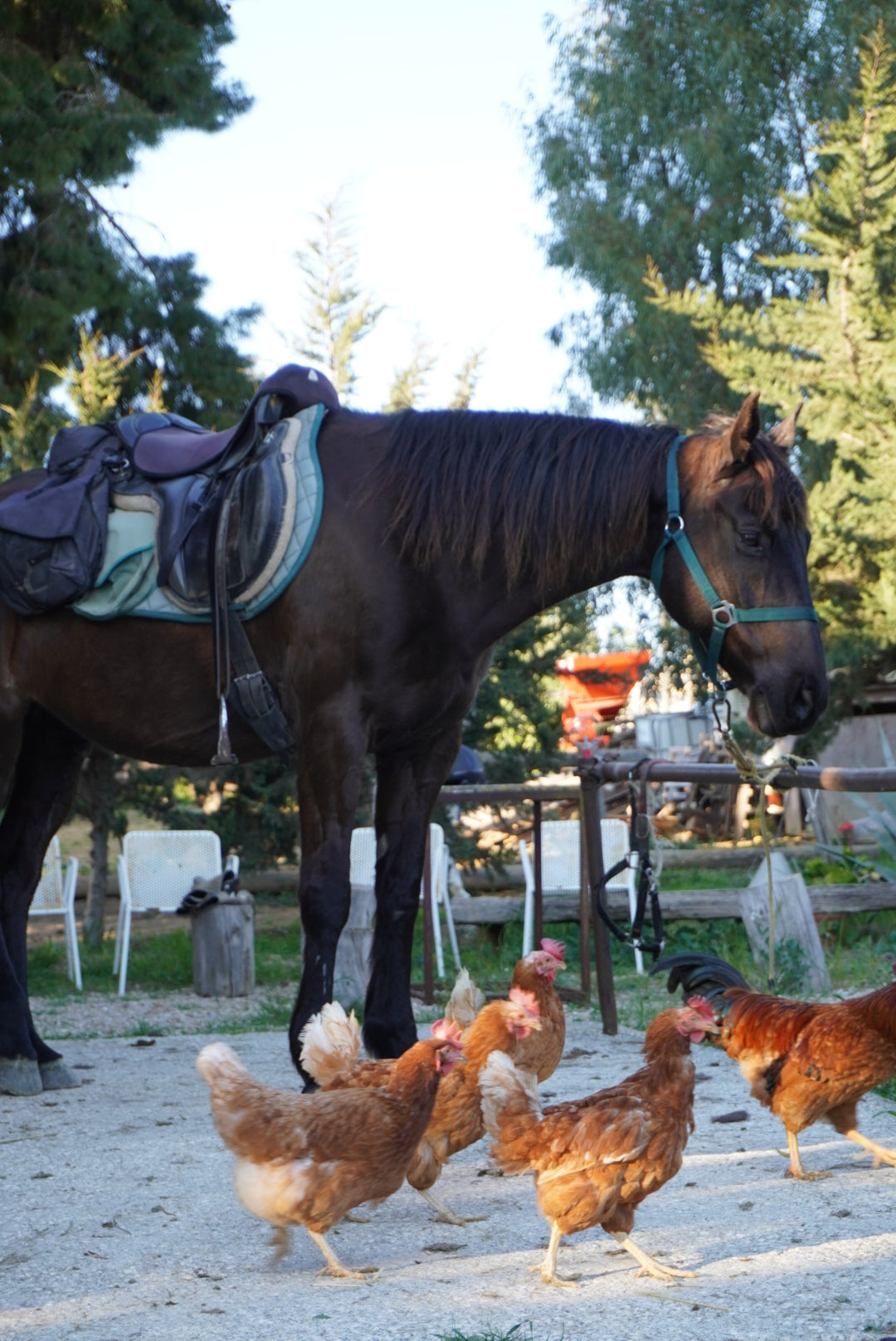
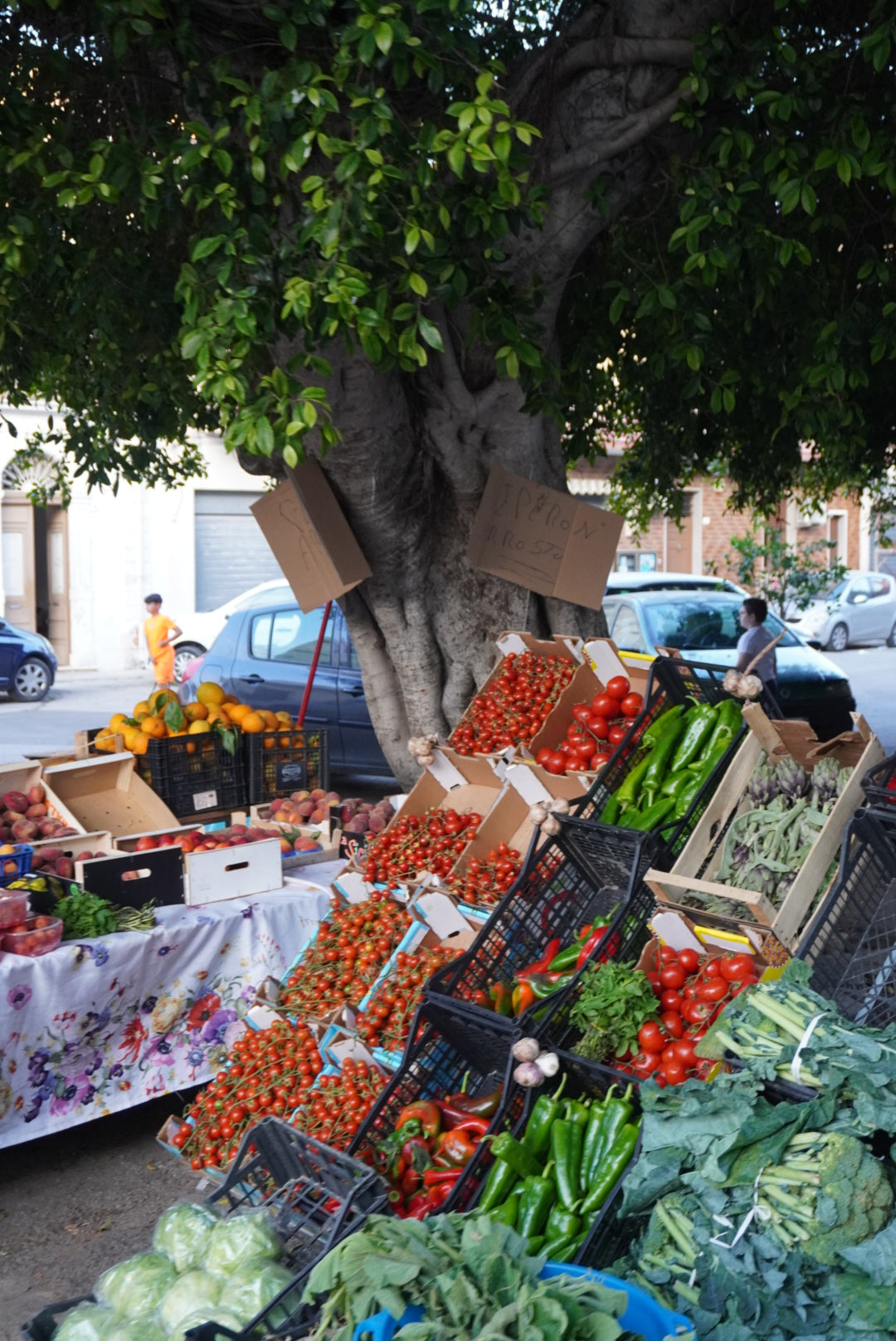
4. 80% rule
In Blue Zones, intuitive eating plays a huge role. Overeating tends not to be a concerning lifestyle factor which cuts out a whole host of health issues. In Okinawa, Japan another one of the world’s Blue Zones, a Confucian philosophy of eating until the stomach is 80% filled (Hara hachi bu), governs the diets of its centenarians. The practice is less literal in the Mediterranean but light habits do exist to ensure a regulated way of nourishment. Commonly, the biggest meal of the day comes earlier whilst evenings are reserved for lighter dishes to aid with digestion and metabolism.

5. Plant Slant
Meals in Blue Zones are heavily plant-focused with a particular emphasis on beans, whole grains and pulses. They tend to make up the majority of the dish but are combined with other food groups like dairy, meat and fish which are always local, sustainably sourced and fresh. Most importantly, the locals eat with the seasons. Just think about some of the mouthwatering Mediterranean dishes that emerge from these Greek and Italian hotspots. In Ikaria, there is tabouli salad, hearty white bean stew, pillowy sourdough bread drowned in olive oil, and its most famous dish, soufico. This is a combination of vegetables cooked to achieve a silken texture, much like a juicier ratatouille. It is a labour of love, taking hours to individually cook off each vegetable before combining them in the oven to bake, allowing the flavours to fuse together. In Sardinia, you will find spaghetti with bottarga, minestrone soup, fregola with clams, and Pane Carasau a paper thin bread traditionally made by the women of the island – it consists of just wheat bran, water, salt and yeast and is twice baked at extremely high temperatures to achieve a crisp finish. Once cooled, it is topped with a healthy drizzle of extra virgin olive oil, flaky salt, and a sprig of rosemary.
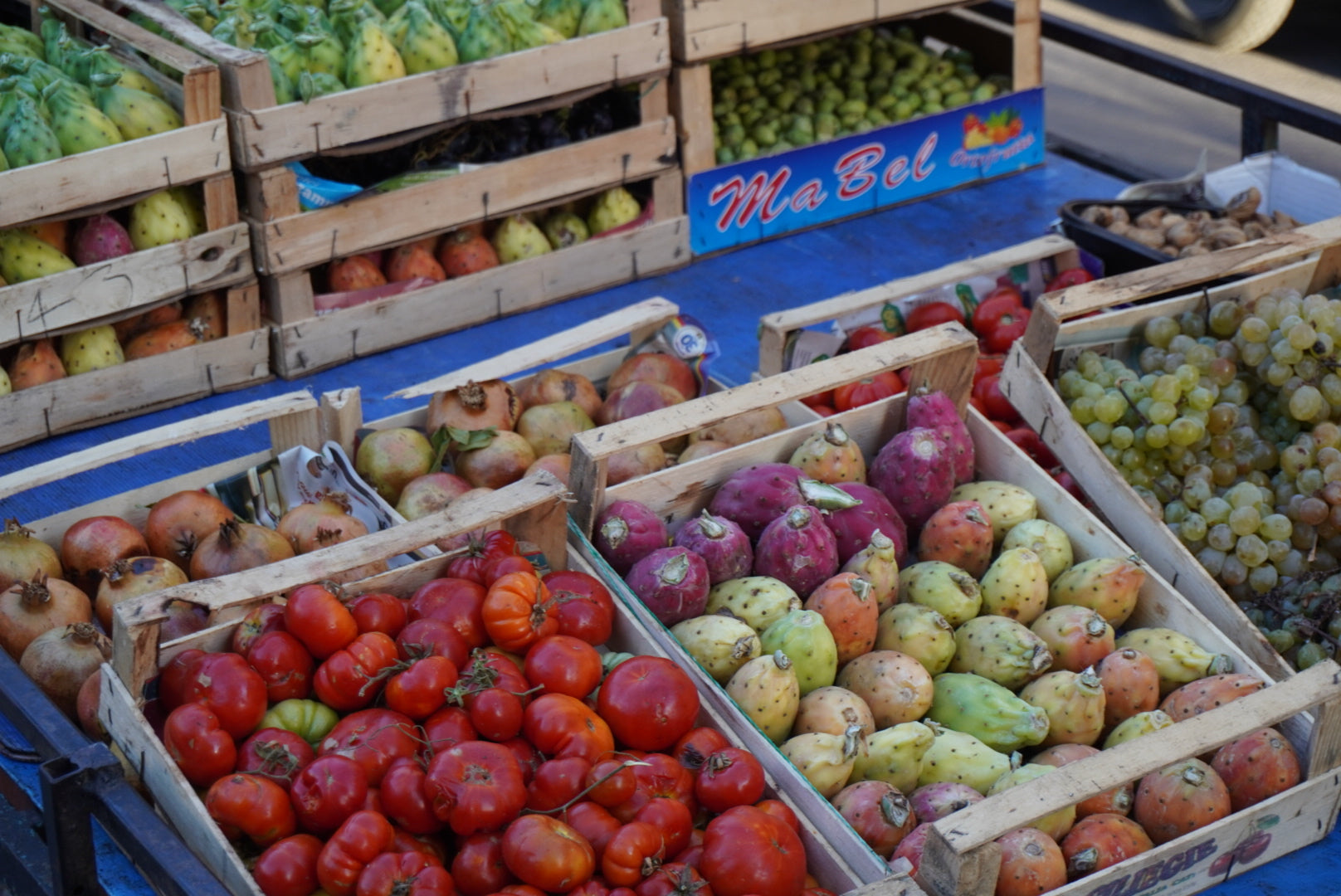
6. Wine at Five
It shouldn’t be a surprise that it was a Greek philosopher who coined the phrase. “everything in moderation except moderation itself.” Thousands of years later, Aristotle’s wisdom can be applied to the Blue Zone approach to alcohol intake. It is consumed moderately and regularly, about 1 or 2 glasses a day, and ideally it is a red wine which is filled with antioxidants. The Sardinians drink Connanau, a robust and full-bodied local wine whilst Ikarians have Fokiano, a well-balanced and aromatic wine which has been cultivated since antiquity.
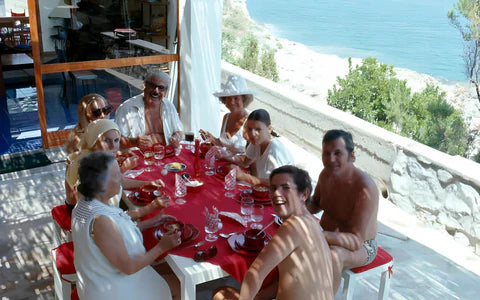
7. Loved Ones First
In Italy and Greece, family and community spirit are core values which are instilled from birth. There are always moments of the week which are carved out for loved ones; Sunday lunches around the table (and not in front of the television), evening walks through town (the so-called ‘passeggiata’ in Italian), and big gatherings for all kinds of special occasions (baptisms, birthdays, weddings, holy days, graduations). There is no question of the devotion of time spent with near relations.
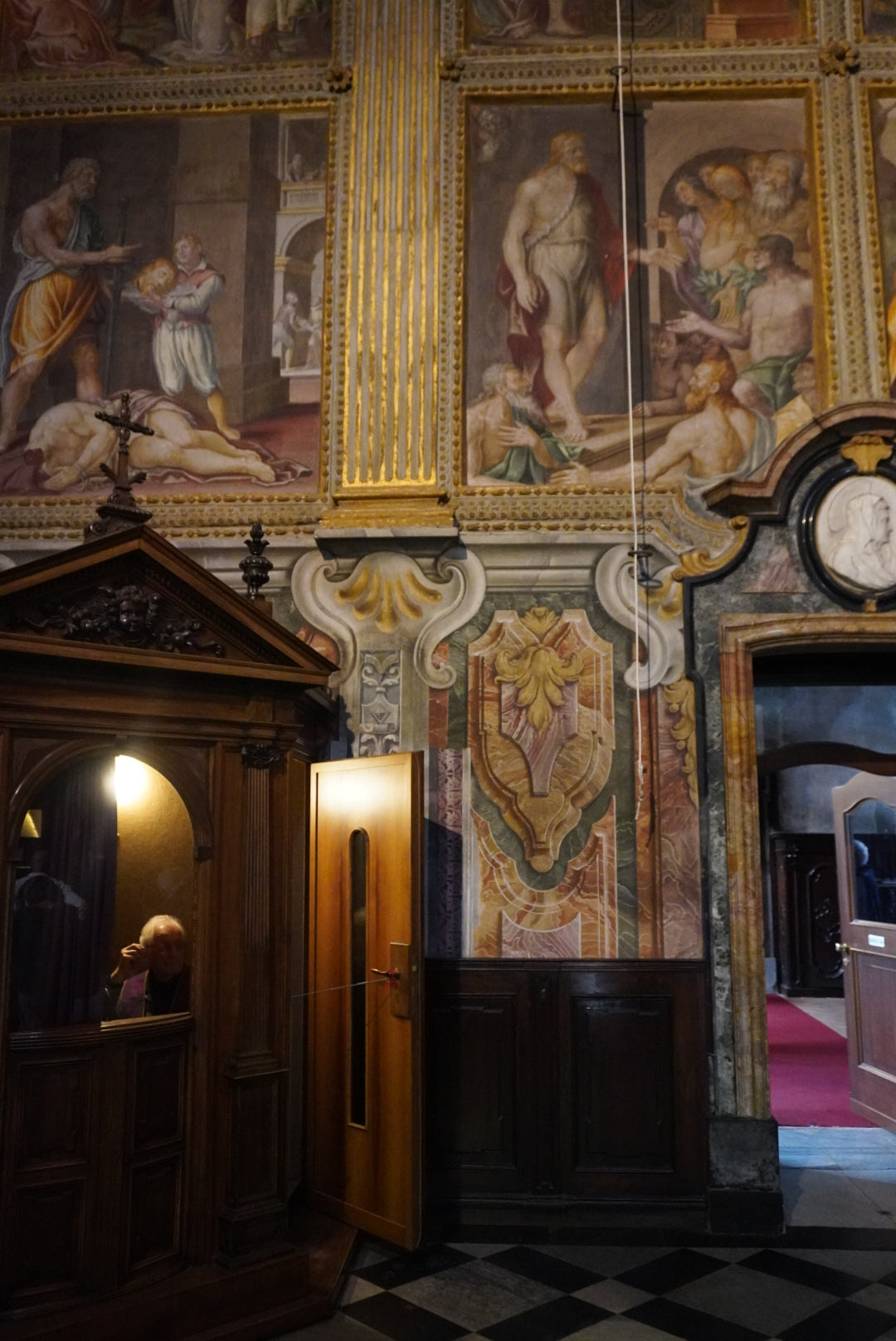
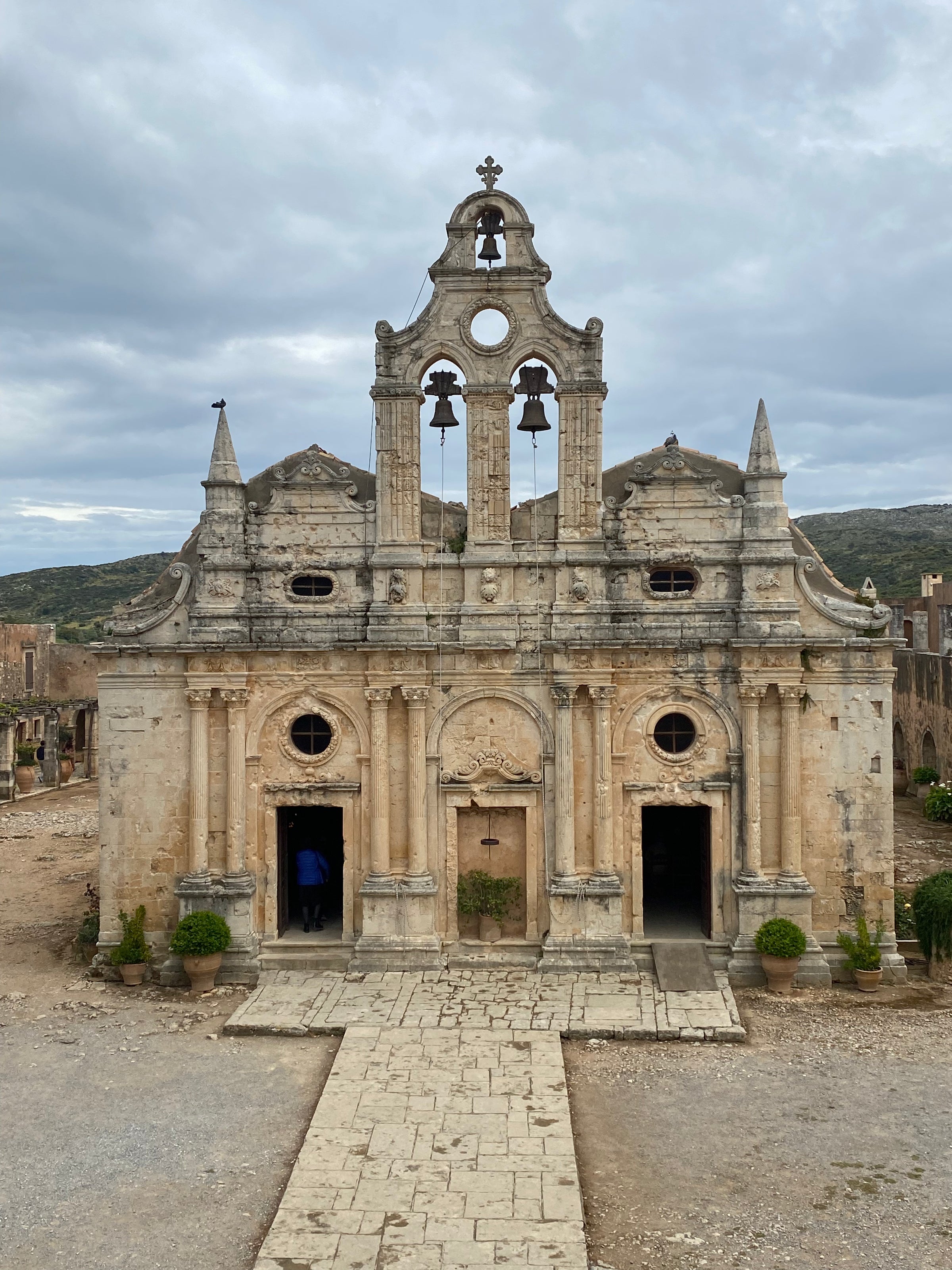
8. Belong
As research was being conducted on the Blue Zones of the world, 263 centenarians were interviewed to understand which lifestyle habits had carried them to their 3-figured age. 258 of them followed a form of faith which engendered a strong sense of community. They would attend services, engage with their peers, and hold a strong belief which fed into their daily motivations. In Sardinia, the Catholic religion is fervently upheld whilst Ikarians are devoted to the Greek Orthodox church.

9. Right Tribe
Those who live the longest have often made a conscious effort to be surrounded by similarly minded individuals who will also advocate their healthy practices. Studies have shown that certain behaviours and states of mind are contagious; obesity, smoking and loneliness can infiltrate entire social circles. On the flip side, happiness is also transmittable and Blue Zoners have formed networks which breed positive actions. In Italy and Greece, two countries where tradition looms large, customs are passed through the generations and have been upheld sometimes for hundreds of years. Being part of a tribe which instils good values has lasting effects. There is surely nothing more powerful than the nature of influencing and being influenced by those you love and respect the most.


